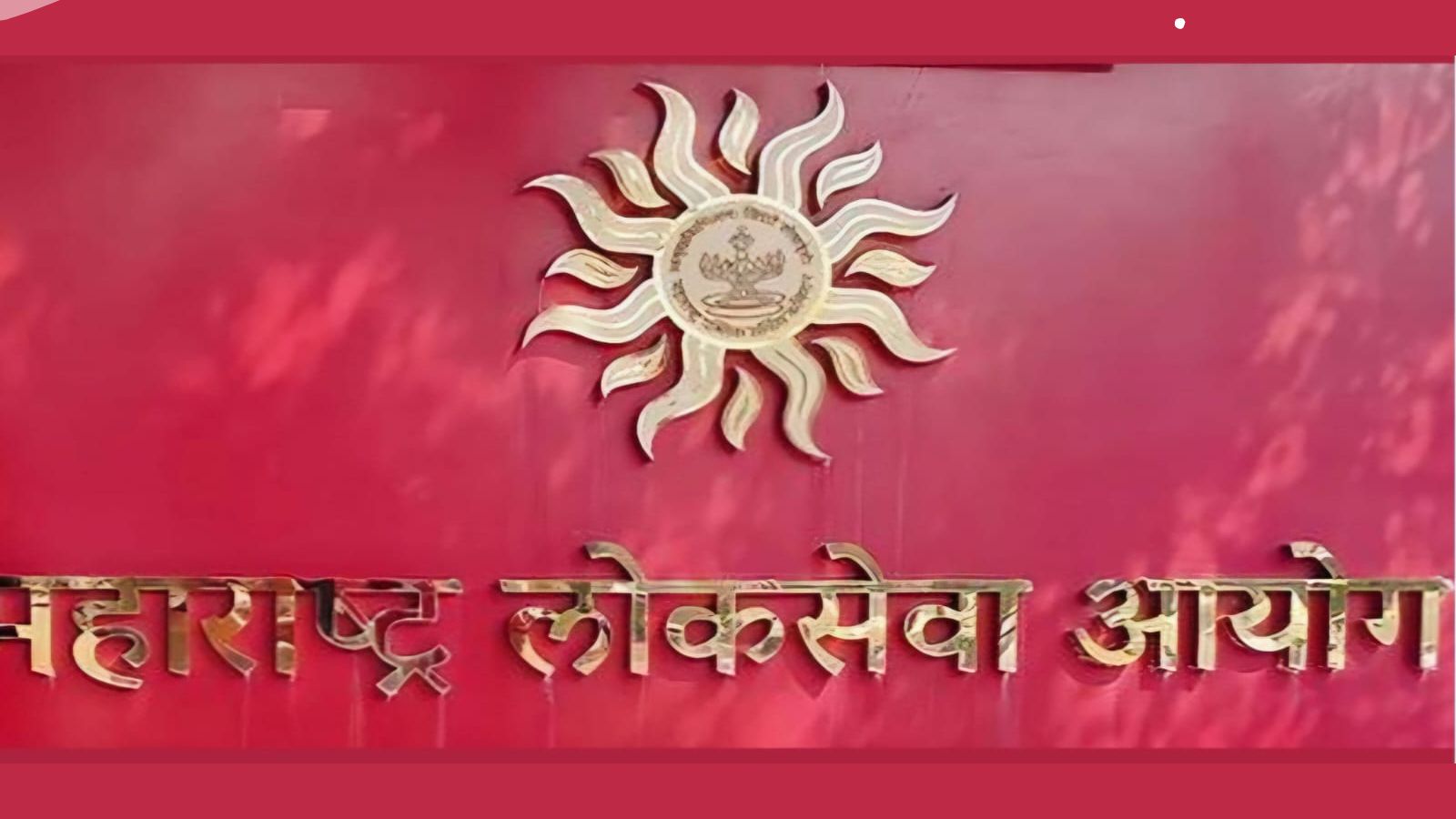Click here to join Express Pune WhatsApp channel and get a curated list of our stories
From objective to analytical: How MPSC’s shift to descriptive format will affect aspirants
CM Devendra Fadnavis on March 27 said the decision to hold State Services Mains exam in descriptive format from this year is final; the Maharashtra Public Service Commission is yet to announce the date for the Mains.
 As per the new changes, the MPSC Mains examination will have nine papers, instead of six, and will be of 1,750 marks, as against the previous 800. (File Photo)
As per the new changes, the MPSC Mains examination will have nine papers, instead of six, and will be of 1,750 marks, as against the previous 800. (File Photo)In June 2022, the Maharashtra Public Service Commission (MPSC) announced that it would switch from the existing objective pattern to a descriptive format for the state services mains examination. This move was met with opposition from aspirants, who demanded sometime be given for preparing for the new pattern. Consequently, a decision was made to postpone the descriptive pattern till 2025.
Recently, there were renewed calls for further postponement. In response, Chief Minister Devendra Fadnavis, while speaking in the Maharashtra Legislative Council, cleared the air by reiterating that the decision is final and that the mains exam will be in a descriptive pattern from 2025. Although some coaching class operators have tried to confuse the students, there is no question of withdrawing it.
Fadnavis further added that this change is necessary for the future of the aspirants. Due to the descriptive method in MPSC, the students will be more capable of being successful in the Union Public Service Commission’s (UPSC) Civil Services Examination.
New pattern
According to the new changes, the mains exam will have a total of nine papers instead of six and will be for a total of 1,750 marks, which earlier used to be 800.
Marks obtained in two language papers of 300 marks each will no longer be included in the merit score. A candidate will have to score at least 25 per cent in each of the language papers (Marathi and English) to qualify for the merit score.
There will be seven compulsory papers—one for essay, four of general studies and two from the optional subject. All these papers will be descriptive and will carry 250 marks each, and the marks obtained in these will be considered for the final merit score.
Aspirant’s perspective
The Indian Express interacted with aspirants to understand their views on the upcoming changes in the state services exam.
Welcoming the move, aspirant Vaishali Bolsure said, “The descriptive format contains questions that emphasise to comment, elaborate, substantiate, and others. This would help develop stronger analytical skills that are crucial for effective governance. Also, it will form a well-rounded personality that understands complex issues and requires to articulate solutions clearly.”
“The introduction of ethics papers (GS-IV) will help stress on core public service values such as integrity, empathy, compassion, transparency that may help reduce corrupt practices in administration as well as help candidates prepare well for the civil services exam,” said Chaitrali Mule, another aspirant.
“Aspirants used to find it difficult in transitioning from MPSC state services exam to UPSC Civil services exam (CSE), but from now, MPSC aspirants will be familiar with the CSE and can appear for both of them in the same year, increasing the chances of getting through them,” explained Rohit Narayankar.
“The descriptive pattern focuses on critical thinking abilities, as the questions demand different perspectives with justification of their arguments. And deeper analysis will encourage candidates to move beyond rote learning,” added Narayankar.
However, Dhanashree Landge feels that MPSC aspirants are habituated to objective-type questions, stressing facts and figures. Adapting to a fully descriptive format with analytical questions could be challenging, requiring time and effort to develop writing skills and exam strategy.
“Moreover, aspirants now need to start afresh with coaching, specifically tailored to the CSE pattern. The syllabus is huge, and the study material is costly too. I believe it will give a clear advantage to those preparing for the UPSC in the initial years after its implementation,” added Landge.
“Even candidates with a strong grasp of the subject matter will be at a disadvantageous position due to weak writing skills as there will be pressure to present complex ideas clearly and concisely under time constraints,” said Rahul Mahale.
Shifting to a descriptive format would enhance the quality of selected candidates by improving their analytical skills. However, it is necessary to ensure a smooth transition by providing adequate support and guidance to state services aspirants.
Click here to join Express Pune WhatsApp channel and get a curated list of our stories







